The U.S. Senate voted 60 to 40 in favor of a continuing resolution to reopen the government, bringing an end to the 40-day shutdown. The measure now heads to the House of Representatives for a vote, after which it will be sent to President Trump for his signature.
The Senate's approval of the continuing resolution marks a significant development in the ongoing budget impasse, with the government shutdown having caused widespread disruptions to federal services and the economy. According to estimates, the shutdown had already resulted in losses of over $5 billion in economic output, with the impact expected to be felt for months to come.
The continuing resolution will provide temporary funding for the government until December 15, 2025, at which point lawmakers will need to pass a new spending bill to avoid another shutdown. The measure also includes a provision to raise the debt ceiling, which will allow the government to continue borrowing to meet its financial obligations.
The Senate's approval of the continuing resolution is seen as a victory for lawmakers who had been working to find a compromise on the budget and debt ceiling. The measure's passage also marks a significant shift in the balance of power in Washington, with the Senate's Democratic majority playing a key role in shaping the final agreement.
The government shutdown had significant implications for the economy, with many businesses and industries affected by the disruption in government services. The shutdown also had a major impact on federal employees, with over 800,000 workers forced to take unpaid leave or work without pay.
The Senate's approval of the continuing resolution is a significant step towards resolving the budget impasse, but it is not a long-term solution. Lawmakers will need to pass a new spending bill by December 15, 2025, to avoid another shutdown. The measure also includes a provision to raise the debt ceiling, which will allow the government to continue borrowing to meet its financial obligations.
In related news, the United Nations Climate Change Conference (COP30) is currently underway in Egypt, where world leaders are gathering to discuss global efforts to address climate change. The conference comes as the world's top emitters of greenhouse gases continue to struggle to meet their commitments under the Paris Agreement.
According to the United Nations, the world's top emitters of greenhouse gases are responsible for over 70% of global emissions, with the United States, China, and India being the largest contributors. The conference is seen as a critical opportunity for world leaders to come together and agree on new measures to address the climate crisis.
The Senate's approval of the continuing resolution is a significant development in the ongoing budget impasse, but it is not a long-term solution. Lawmakers will need to pass a new spending bill by December 15, 2025, to avoid another shutdown. The measure also includes a provision to raise the debt ceiling, which will allow the government to continue borrowing to meet its financial obligations.
The conference is expected to result in new commitments from world leaders to reduce greenhouse gas emissions and transition to renewable energy sources. However, the pace of progress on climate change efforts remains slow, with many experts warning that the world is not on track to meet its commitments under the Paris Agreement.
The Senate's approval of the continuing resolution marks a significant shift in the balance of power in Washington, with the Senate's Democratic majority playing a key role in shaping the final agreement. The measure's passage also highlights the ongoing challenges facing lawmakers as they work to find a long-term solution to the budget impasse.
The government shutdown had significant implications for the economy, with many businesses and industries affected by the disruption in government services. The shutdown also had a major impact on federal employees, with over 800,000 workers forced to take unpaid leave or work without pay.
The Senate's approval of the continuing resolution is a significant step towards resolving the budget impasse, but it is not a long-term solution. Lawmakers will need to pass a new spending bill by December 15, 2025, to avoid another shutdown. The measure also includes a provision to raise the debt ceiling, which will allow the government to continue borrowing to meet its financial obligations.
The conference is seen as a critical opportunity for world leaders to come together and agree on new measures to address the climate crisis. However, the pace of progress on climate change efforts remains slow, with many experts warning that the world is not on track to meet its commitments under the Paris Agreement.
The Senate's approval of the continuing resolution marks a significant shift in the balance of power in Washington, with the Senate's Democratic majority playing a key role in shaping the final agreement. The measure's passage also highlights the ongoing challenges facing lawmakers as they work to find a long-term solution to the budget impasse.
In conclusion, the Senate's approval of the continuing resolution marks a significant development in the ongoing budget impasse, but it is not a long-term solution. Lawmakers will need to pass a new spending bill by December 15, 2025, to avoid another shutdown. The measure also includes a provision to raise the debt ceiling, which will allow the government to continue borrowing to meet its financial obligations.
The conference is expected to result in new commitments from world leaders to reduce greenhouse gas emissions and transition to renewable energy sources. However, the pace of progress on climate change efforts remains slow, with many experts warning that the world is not on track to meet its commitments under the Paris Agreement.
The Senate's approval of the continuing resolution marks a significant shift in the balance of power in Washington, with the Senate's Democratic majority playing a key role in shaping the final agreement. The measure's passage also highlights the ongoing challenges facing lawmakers as they work to find a long-term solution to the budget impasse.
The government shutdown had significant implications for the economy, with many businesses and industries affected by the disruption in government services. The shutdown also had a major impact on federal employees, with over 800,000 workers forced to take unpaid leave or work without pay.
The Senate's approval of the continuing resolution is a significant step towards resolving the budget impasse, but it is not a long-term solution. Lawmakers will need to pass a new spending bill by December 15, 2025, to avoid another shutdown. The measure also includes a provision to raise the debt ceiling, which will allow the government to continue borrowing to meet its financial obligations.
The conference is seen as a critical opportunity for world leaders to come together and agree on new measures to address the climate crisis. However, the pace of progress on climate change efforts remains slow, with many experts warning that the world is not on track to meet its commitments under the Paris Agreement.
The Senate's approval of the continuing resolution marks a significant shift in the balance of power in Washington, with the Senate's Democratic majority playing a key role in shaping the final agreement. The measure's passage also highlights the ongoing challenges facing lawmakers as they work to find a long-term solution to the budget impasse.
In conclusion, the Senate's approval of the continuing resolution marks a significant development in the ongoing budget impasse, but it is not a long-term solution. Lawmakers will need to pass a new spending bill by December 15, 2025, to avoid another shutdown. The measure also includes a provision to raise the debt ceiling, which will allow the government to continue borrowing to meet its financial obligations.
The conference is expected to result in new commitments from world leaders to reduce greenhouse gas emissions and transition to renewable energy sources. However, the pace of progress on climate change efforts remains slow, with many experts warning that the world is not on track to meet its commitments under the Paris Agreement.
The Senate's approval of the continuing resolution marks a significant shift in the balance of power in Washington, with the Senate's Democratic majority playing a key role in shaping the final agreement. The measure's passage also highlights the ongoing challenges facing lawmakers as they work to find a long-term solution to the budget impasse.
The government shutdown had significant implications for the economy, with many businesses and industries affected by the disruption in government services. The shutdown also had a major impact on federal employees, with over 800,000 workers forced to take unpaid leave or work without pay.
The Senate's approval of the continuing resolution is a significant step towards resolving the budget impasse, but it is not a long-term solution. Lawmakers will need to pass a new spending bill by December 15, 2025, to avoid another shutdown. The measure also includes a provision to raise the debt ceiling, which will allow the government to continue borrowing to meet its financial obligations.
The conference is seen as a critical opportunity for world leaders to come together and agree on new measures to address the climate crisis. However, the pace of progress on climate change efforts remains slow, with many experts warning that the world is not on track to meet its commitments under the Paris Agreement.
The Senate's approval of the continuing resolution marks a significant shift in the balance of power in Washington, with the Senate's Democratic majority playing a key role in shaping the final agreement. The measure's passage also highlights the ongoing challenges facing lawmakers as they work to find a long-term solution to the budget impasse.
In conclusion, the Senate's approval of the continuing resolution marks a significant development in the ongoing budget impasse, but it is not a long-term solution. Lawmakers will need to pass a new spending bill by December 15, 2025, to avoid another shutdown. The measure also includes a provision to raise the debt ceiling, which will allow the government to continue borrowing to meet its financial obligations.
The conference is expected to result in new commitments from world leaders to reduce greenhouse gas emissions and transition to renewable energy sources. However, the pace of progress on climate change efforts remains slow, with many experts warning that the world is not on track to meet its commitments under the Paris Agreement.



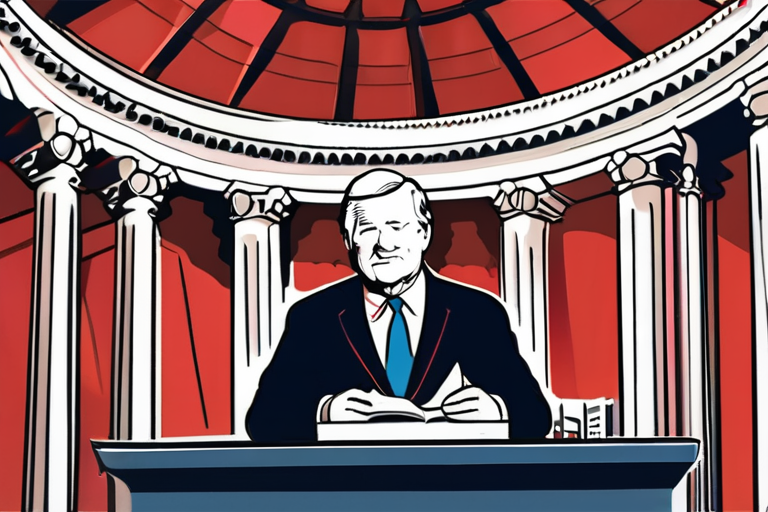


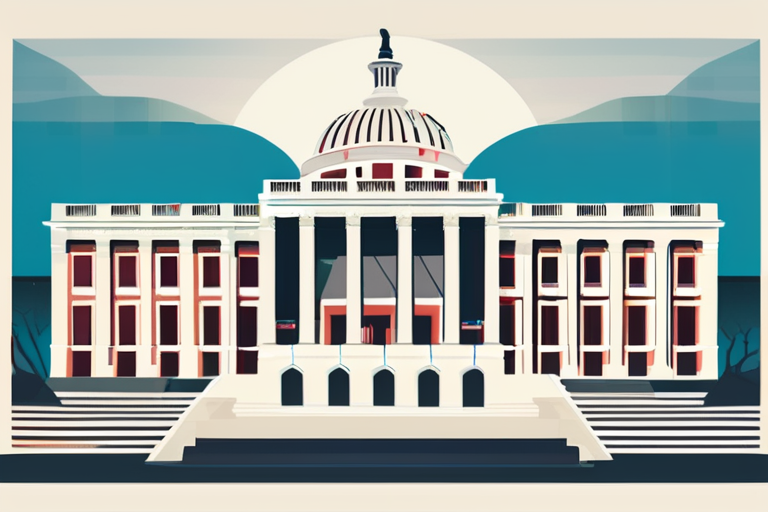
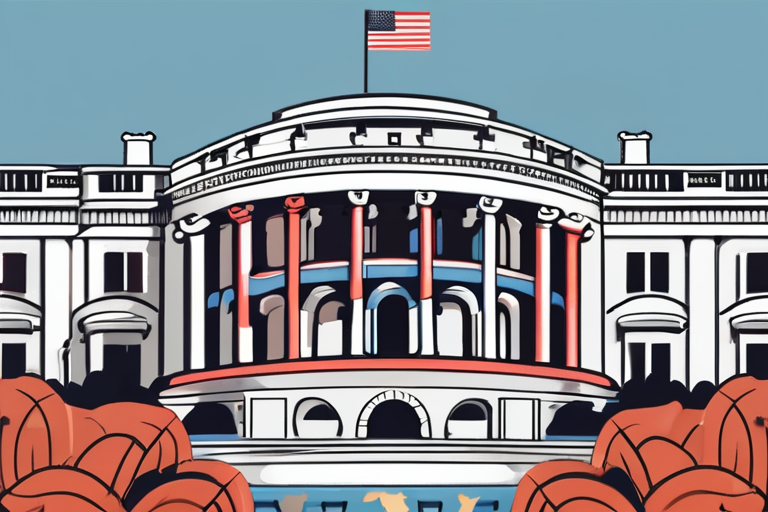
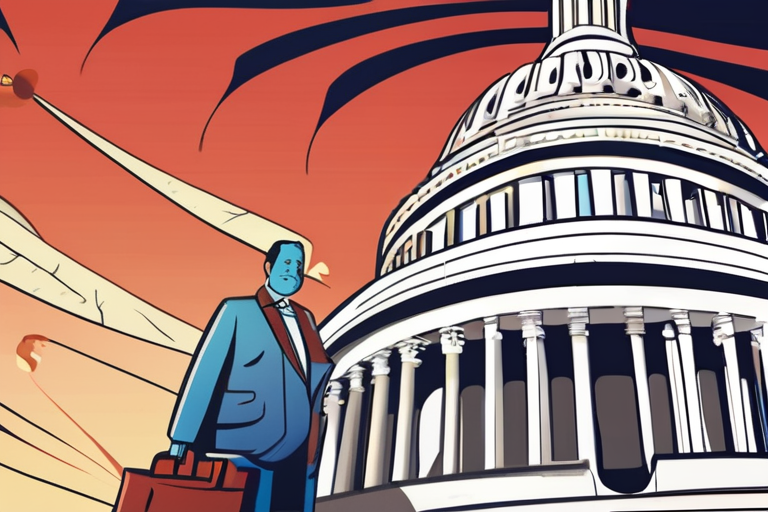
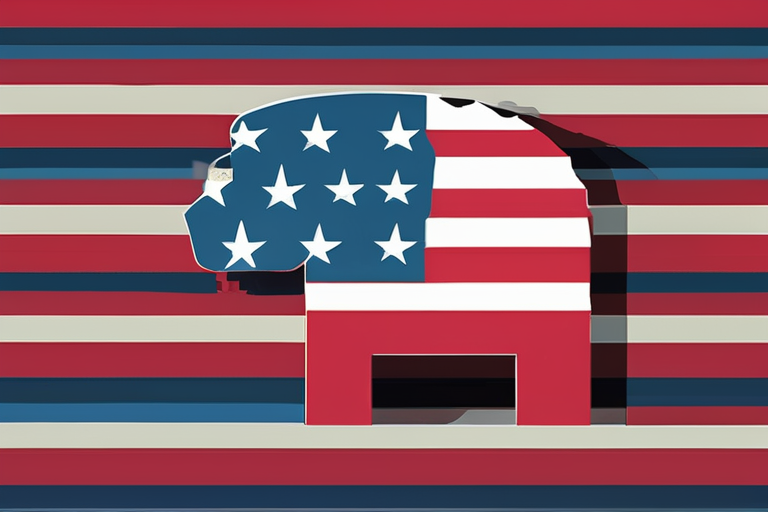

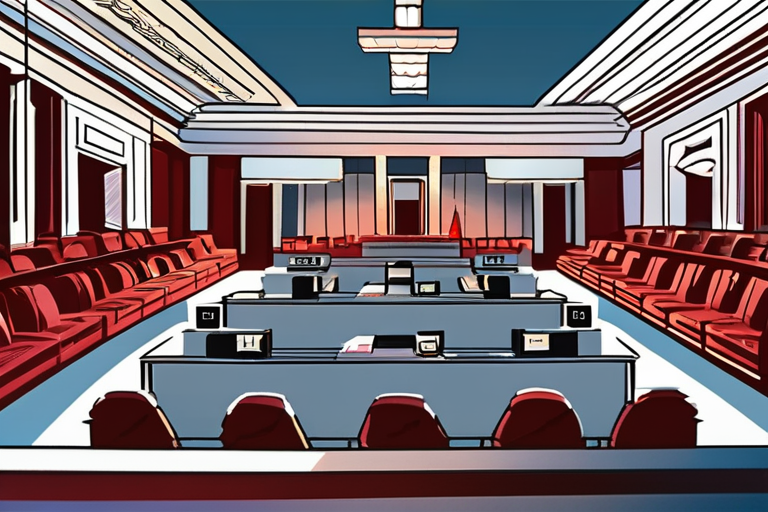


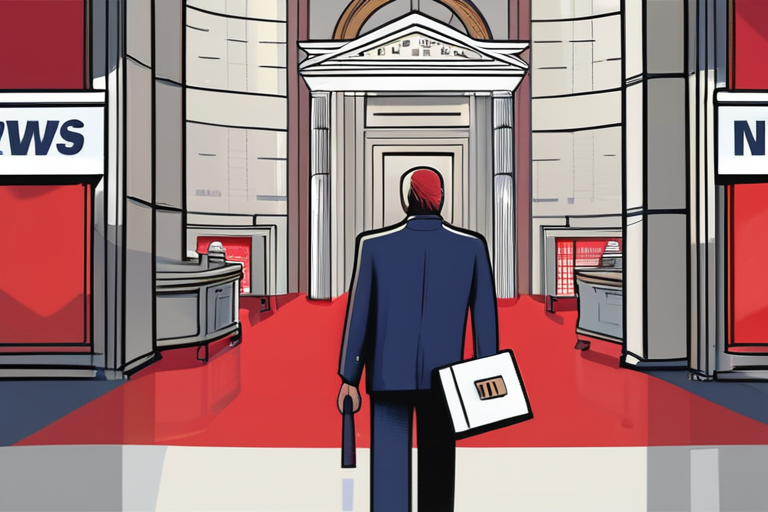
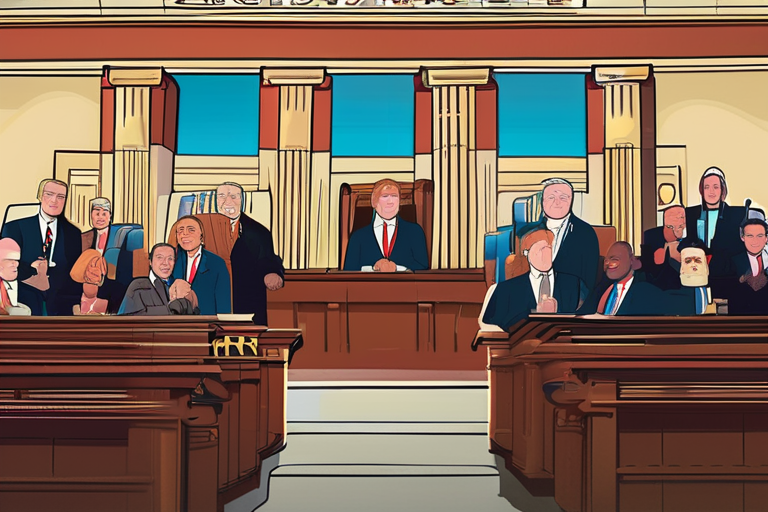

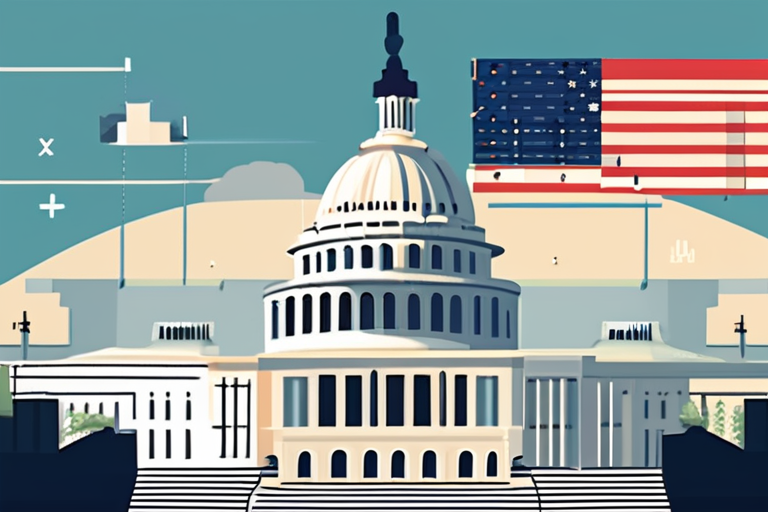
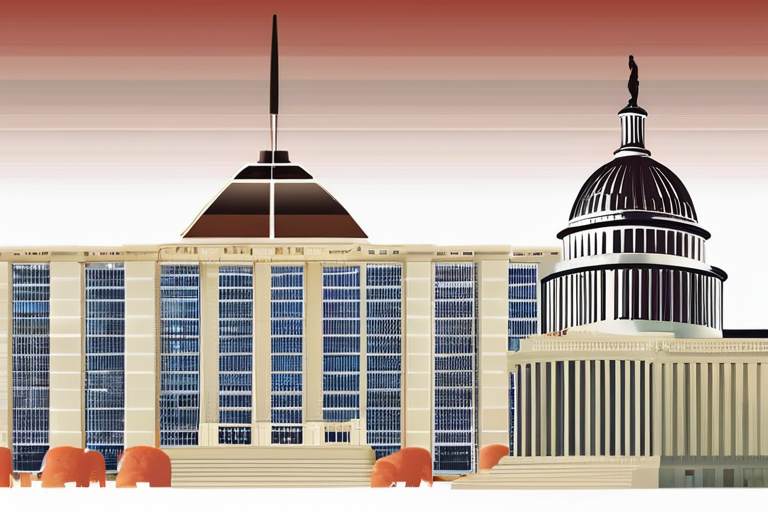
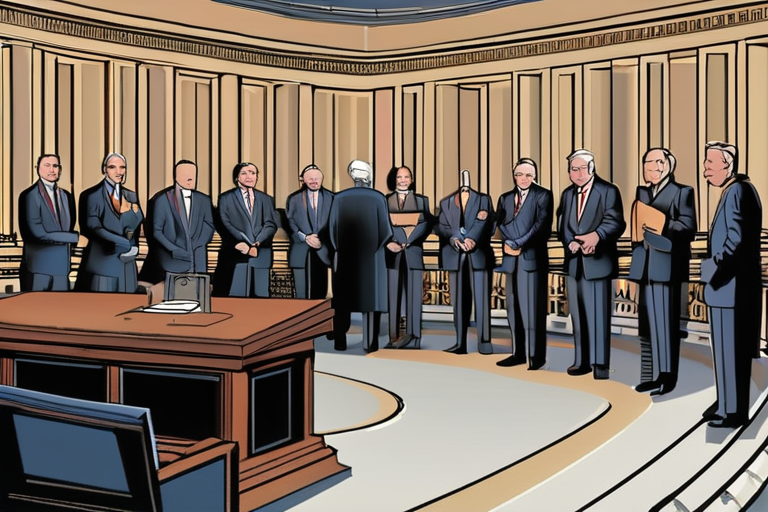
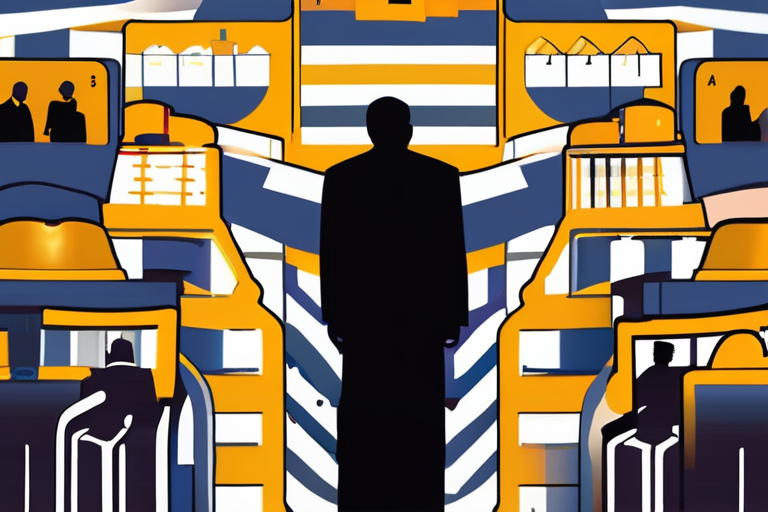
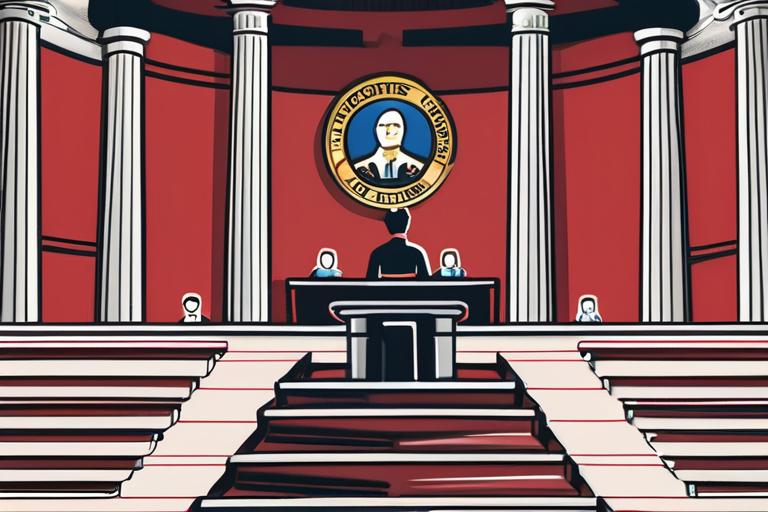
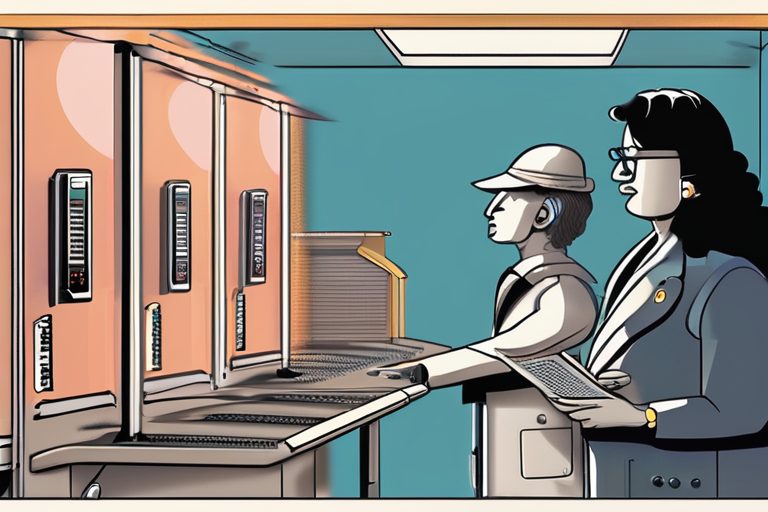

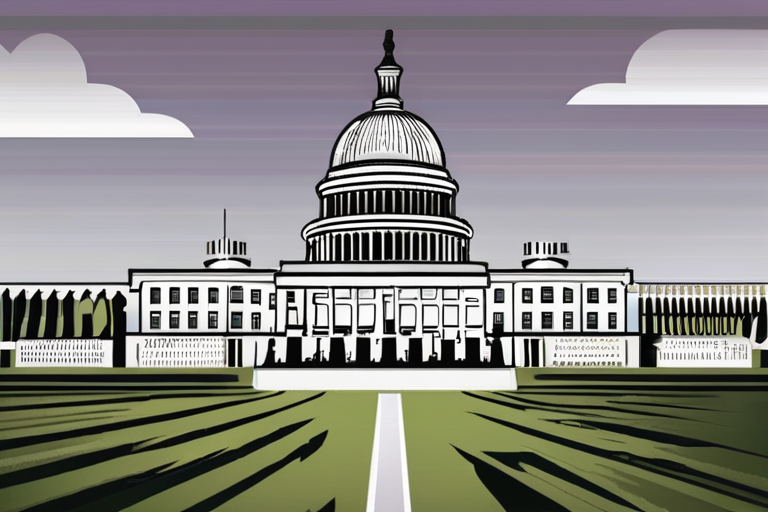


Share & Engage Share
Share this article